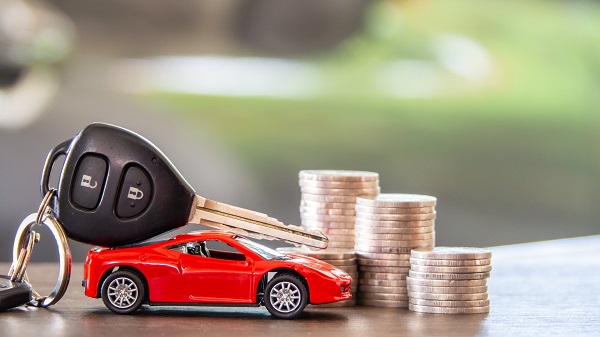Car finance is one of the most popular ways to buy a car if you don’t have the cash to hand. Car finance allows you to spread the cost of getting a car into affordable monthly repayments over a term that suits you. It’s really flexible and can be suited to your budget. However, there are a few factors which can actually make getting a car on finance more expensive than it needs to be! The guide below looks at how car finance costs are calculated and a few tips to help make your finance deal more affordable.
How much does car finance cost?
Many people want to know how much car finance is going to cost them but there are a few factors which can affect your car finance deal. There are multiple car finance agreements to choose from such as PCP, hire purchase or a personal loan and each can vary depending on the type of car you choose, your income, your credit score and how much you have to put down for a deposit.
What is car finance affordability?
Your car finance affordability refers to how much you can put towards your car finance payments each month. Lenders will ask how much you earn and look at your current outgoings to see how much you could comfortably afford to put forward. Your affordability will then determine cars within your budget too. It’s important that you can afford to meet each and every payment over the course of your agreement. If you fail to so, the lender can have the right to withdraw the car if it’s a secured loan and it can have a detrimental impact on your ability to get finance in the future.
How to lower car finance costs:
Whilst car finance rates can be dependent on the applicant and their own personal circumstances, there are a few factors that you can consider before you start making applications for car finance.
-
Increase your credit score.
Your credit score plays a big part in how much your finance will cost. Usually lenders reserve the lowest interest rates for those who have good credit scores and a long history of making payments on time and in full. This is because they are less of a risk to lend to as you’re less likely to defaults on future loans and finance. If you’ve no previous credit history or a bad credit score, it can be a good idea to work on your credit score in the run up to your car finance application to help get you a better rate.
-
Find low interest rates.
Your interest rate reflects the rate of borrowing and higher interest rate means you will pay more for borrowing money. This is why it can be a good idea to shop around for the lowest interest rate offered to help save you money. Other factors such as your credit score, the type of car finance agreement you choose, and your deposit can affect the interest rate you are offered.
-
Part exchange your current car.
When you’re looking to get a car on finance, it can be beneficial to part exchange your car at the dealership. When you part exchange your current car, you use its value as a deposit towards your next car and help to reduce the loan amount. A smaller loan amount can make your monthly payments cheaper or means you can pay the finance off faster. Part exchanging your car can also save you time and takes the hassle out of having to sell your vehicle privately.
-
Save up for a deposit.
Car finance agreements such as hire purchase can really benefit from a higher deposit at the start of the agreement as it helps to reduce the loan amount. By putting more down, you don’t need to borrow as much from the lender, and it can also help to decrease your interest rate offered.
-
Choose a cheaper car.
Your car finance loan amount will equal the value of your chosen car. If you want to help keep costs low, it can be a good idea to choose a car with a lower value. Deals such as hire purchase spread the cost of your chosen car into equal monthly payments till the end of your term so a higher value car will mean higher monthly payments too. Financing your car over a longer term may seem attractive as it lowers the monthly payment, but it can mean you pay more in interest overall too.







